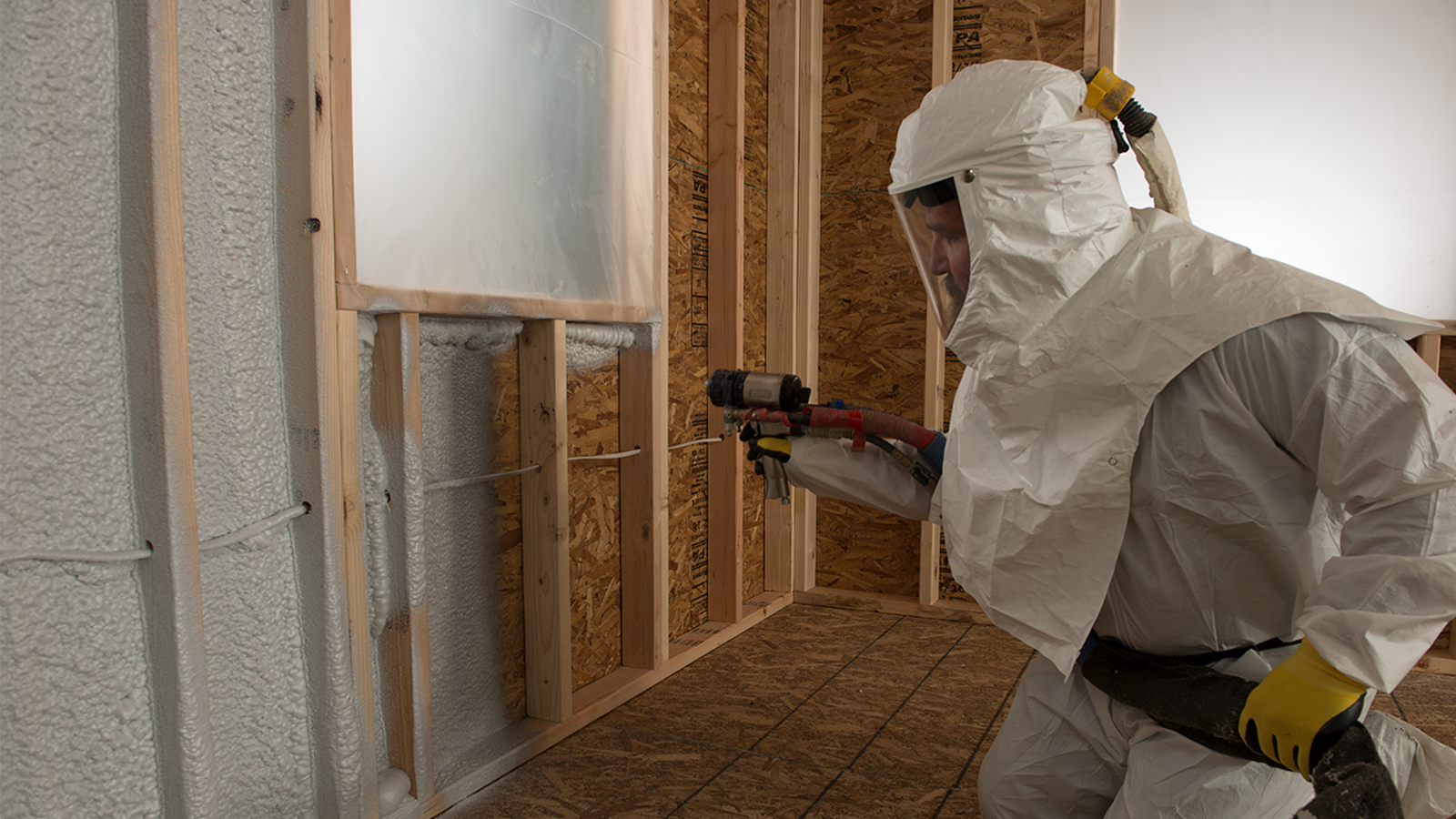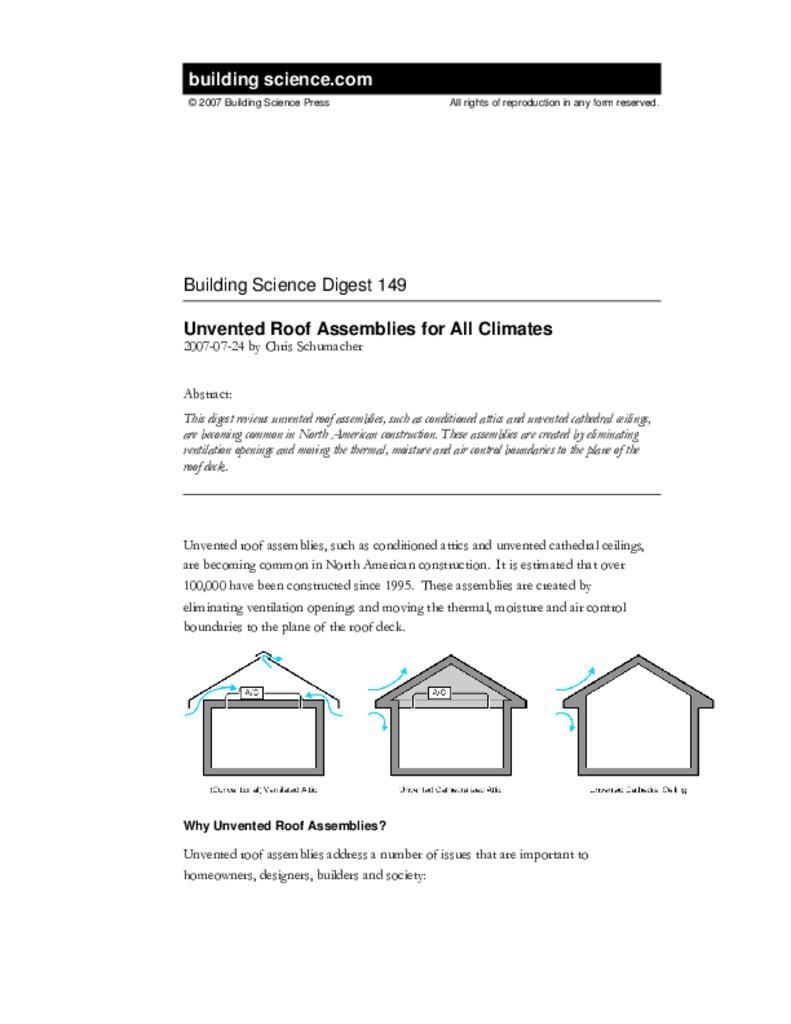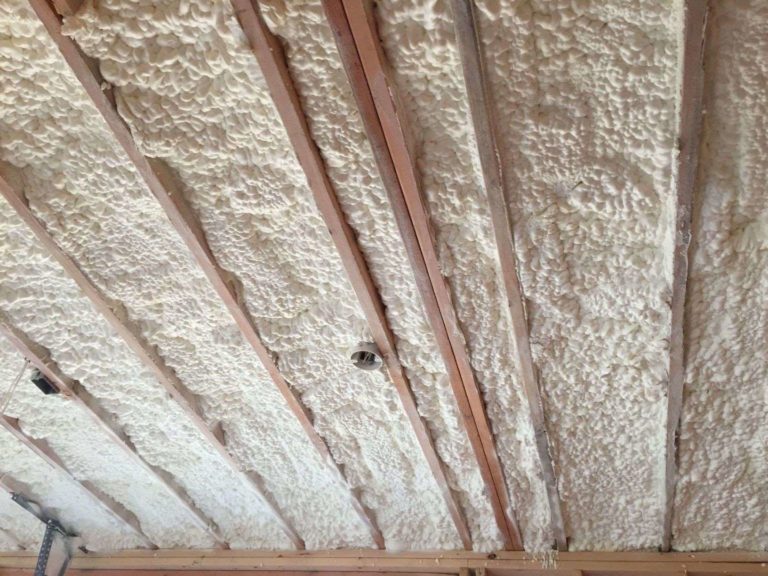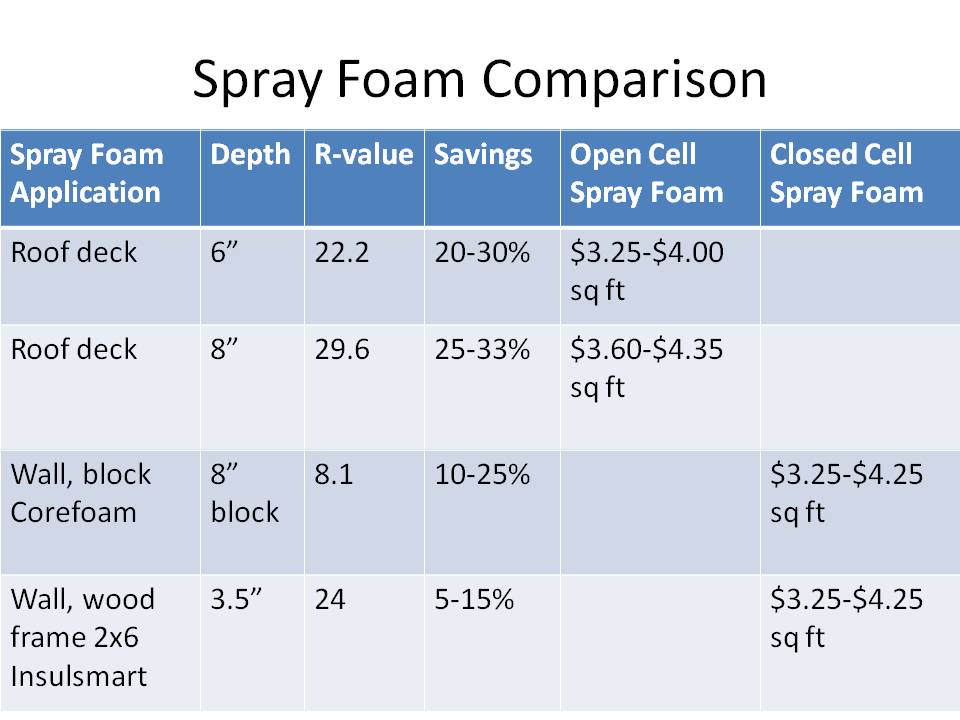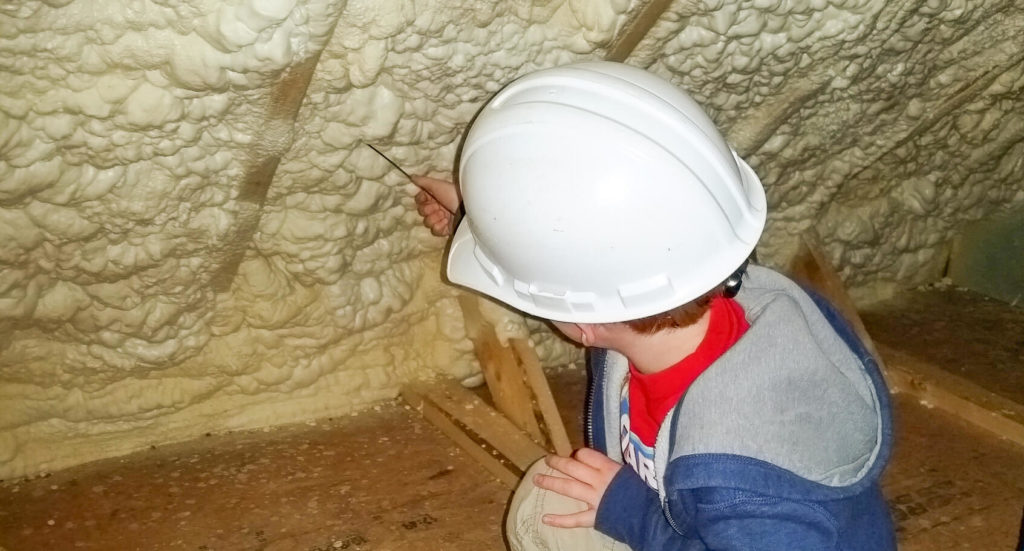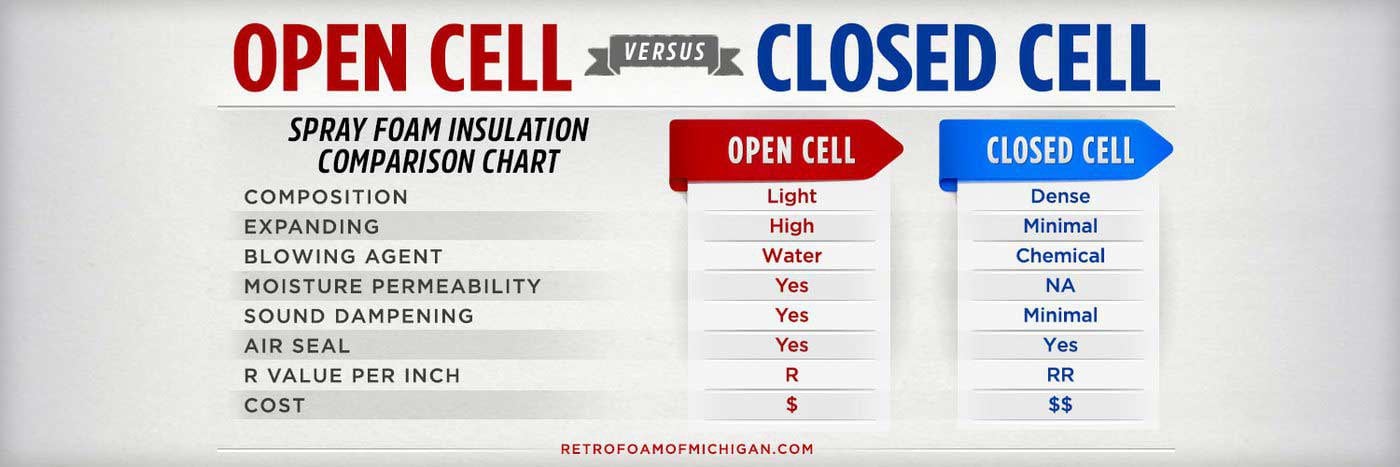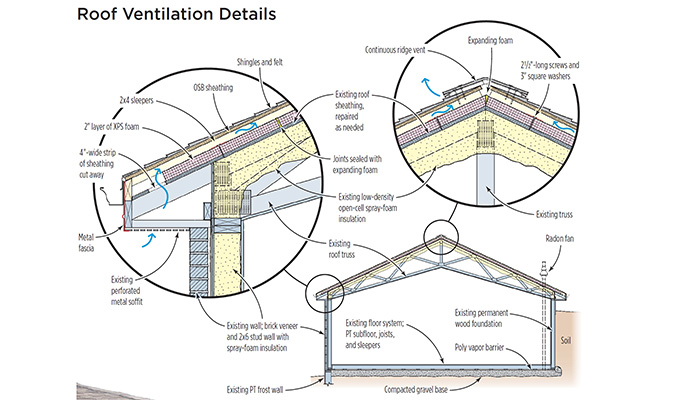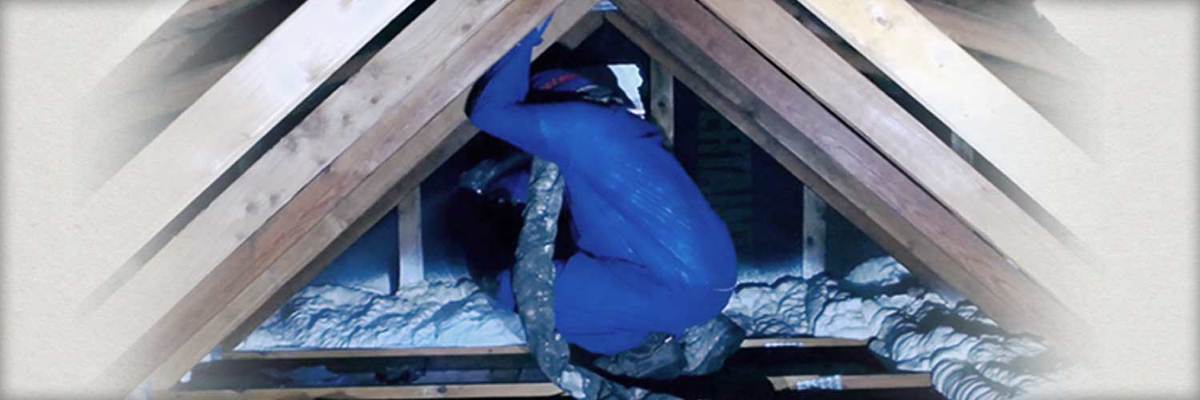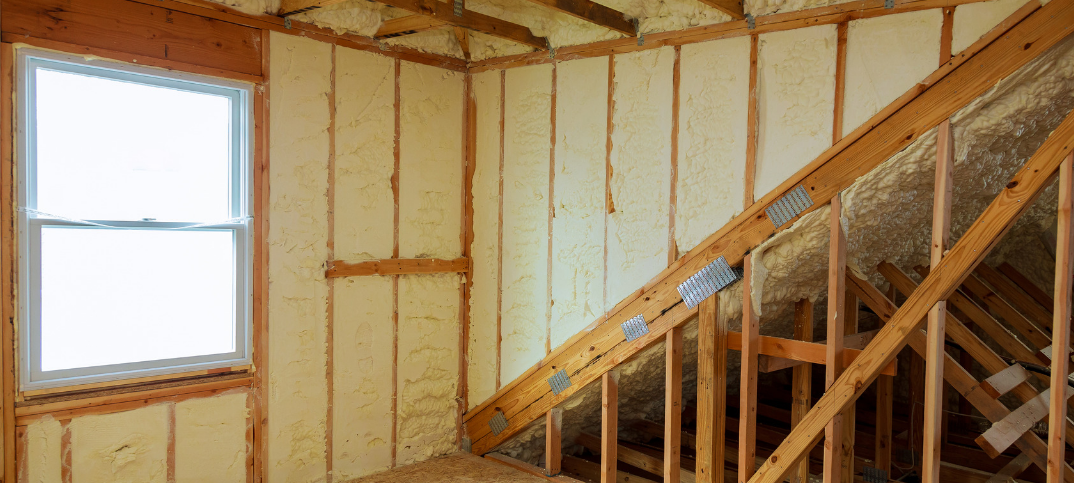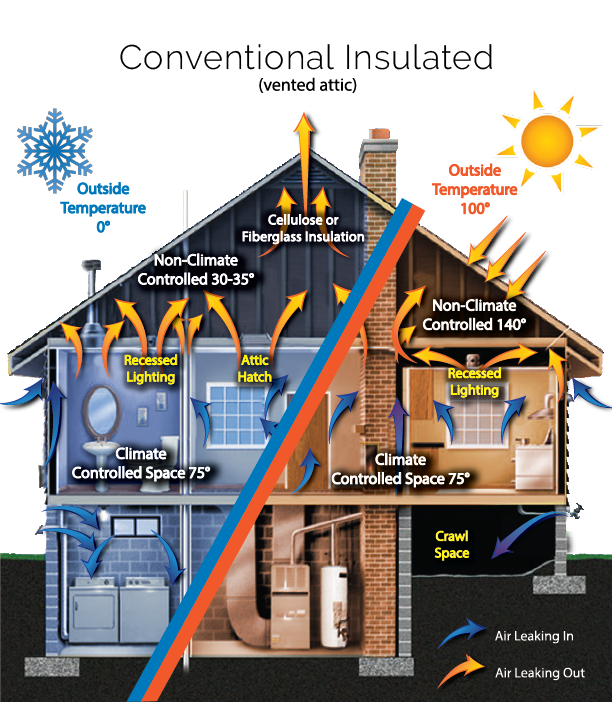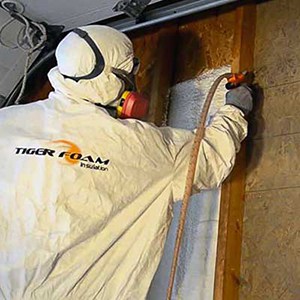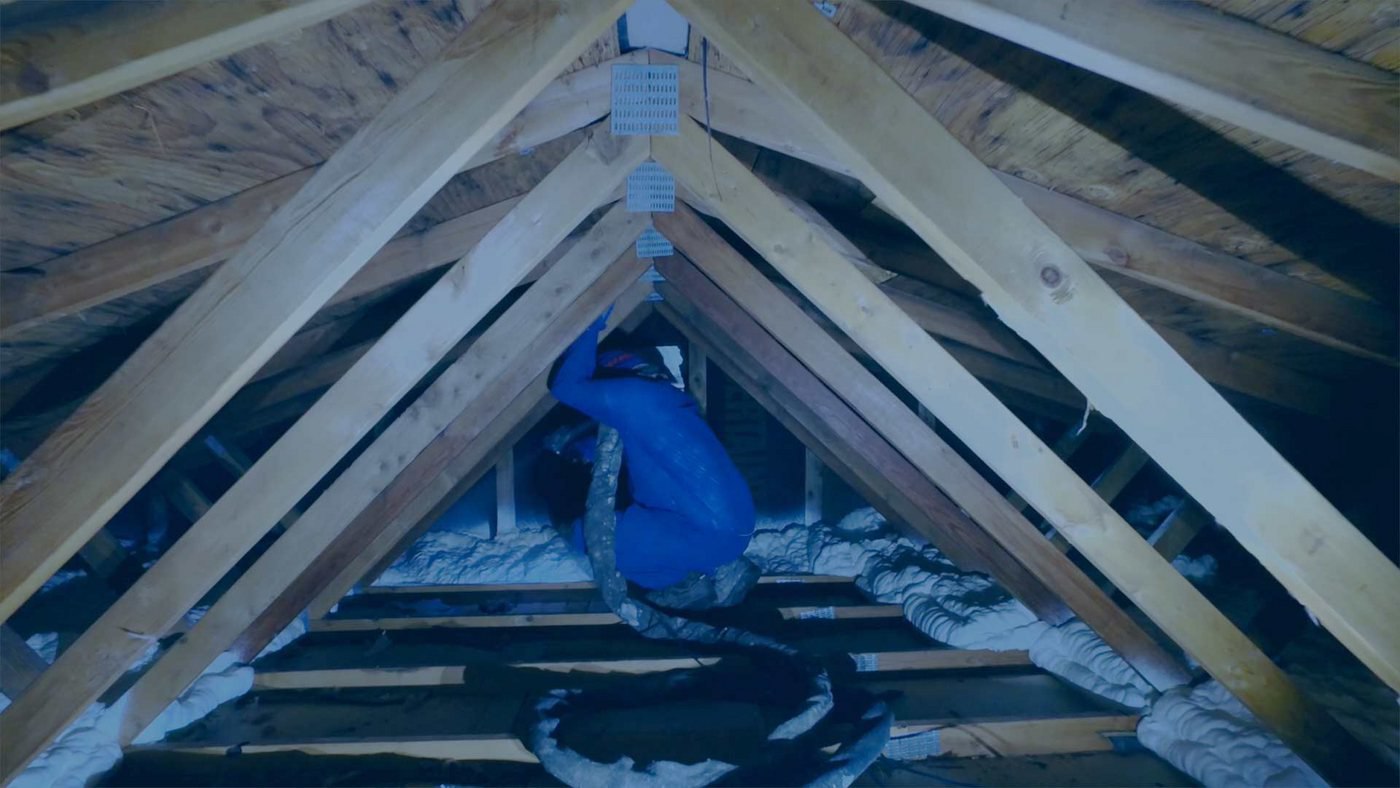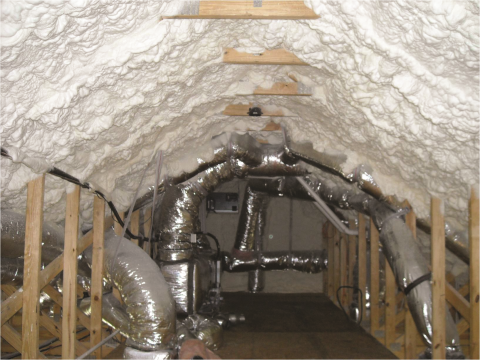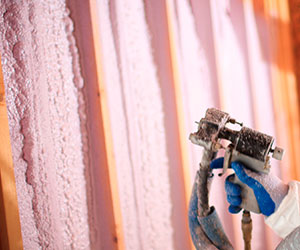Closed Cell Vs Open Cell In Attic In Southern Climate
280dc uv protecting paint for foam.
Closed cell vs open cell in attic in southern climate. This makes the foam a softer more flexable material. Open cell foam is full of cells that aren t completely encapsulated. It is either open cell foam where the tiny cells of the foam are not completely closed. Closed cell foam can also increase the racking strength of attic walls which.
Open cell foam has an r value of about 3 5 to 3 7 per inch while closed cell foam has an r value of about 6 per inch. The cells are pressed together so air and mositure are unable to get inside the foam. Can be applied at very low temperatures as low as 5of. Cavity fill slow rise.
The first is the nature of the foam. Kit 205 sf coverage. Closed cell issue there are two major factors to understand and consider. When applied on the interior open cell spray insulation provides performance advantages that differ from those of closed cell spray foam used on the exterior.
Closed cell spray foam exterior applications. Closed cell foam is made up of cells that are as the name suggests completely closed. It also will perform better below or above grade. Quick cure best seller kit 605 sf coverage best seller kit 205 sf coverage.
Kit 105 sf coverage. Architectural firms can specify both the building envelope for a total performance option. Fire rated e84 kit 605 sf coverage. Kit 43 cubic ft.
Kit 60 sf coverage. Senior editor martin holladay replies. Closed cell foam has a higher r value per inch and is vapor impermeable. Kit 340 sf coverage.
Open cell should be at least 6 inches in depth and closed cell 4 inches or more of each depending on local code. With the open cell vs. Open cell is a lower cost alternative for basements in cold climates closed cell is preferable in parts of your home that are vulnerable to flooding hot and humid climates zones 1 thru 4 roof attic exterior walls. A spray insulation is referred to open cell or closed cell because of the difference between the small bubbles cells that make up the foam.
If you do not use the attic for a habitable purpose you might want to keep your thermal barrier on the floor of the attic.



